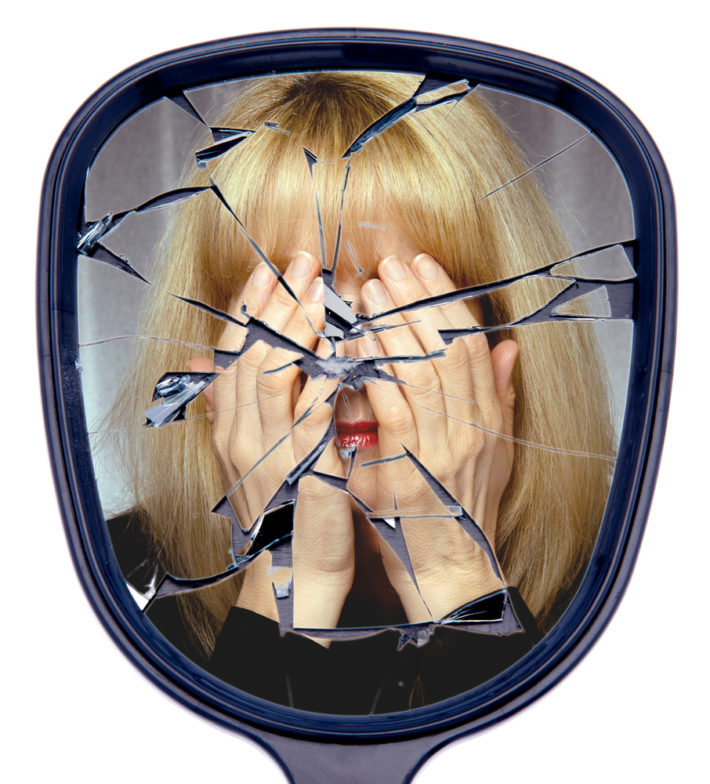
Even without the impact of Covid-19, domestic violence and intimate partner violence (IPV) has a tremendous impact on menopause symptoms, according to JAMA Internal Medicine. Kaiser Permanente in Northern California studies 2,000 women age 40 to 80. Over their lifetime, 21% had experience IPV, 15.7% sexual assault, and 22.5% had experienced PTSD.
Symptoms included data from 2000 women age 40 to 80 years in the Kaiser Permanente Northern California health care system. It was a cross-sectional analysis, examining lifetime physical or emotional IPV, sexual assault, and current symptoms of PTSD. In addition, participants submitted questionnaires on difficulty sleeping, vasomotor symptoms, and vaginal symptoms. Among the most common symptoms are difficulty sleeping, hot flashes, and vaginal symptoms.
In a survey of nearly 4,000 menopausal women performed at the Mayo Clinic and reported in the journal Menopause, 6.8% reported at least one form of abuse in the past year, which included answering yes to the question, “Have been kicked, slapped or kicked in the past year,” or “in the past year have you been forced to have sexual activities or verbally abused?”
If you are staying at home and feel unsafe, here are some resources you can use.
From the Mother Jones article:
The National Domestic Violence Hotline takes calls 24/7 at 1-800-799-SAFE (7233), or 1-800-799-7233 for TTY. If it’s not safe for you to talk, safely, visit thehotline.org or text LOVEIS to 22522. Here are a list of organizations by state assembled by The Department of Health and Human Services. The CNN article lists the following resources as well:
It’s possible that some help may be in the process of being enacted. A coalition of 20 Senators (mostly Democrats) recently sent the Trump administration a letter requesting appropriate funding and resources to support domestic violence organizations in the face of the enormous increases being reported since the Covid-19 pandemic began. These women and their families are victims of the pandemic, even if they avoid the virus. They still need to stay safe.

